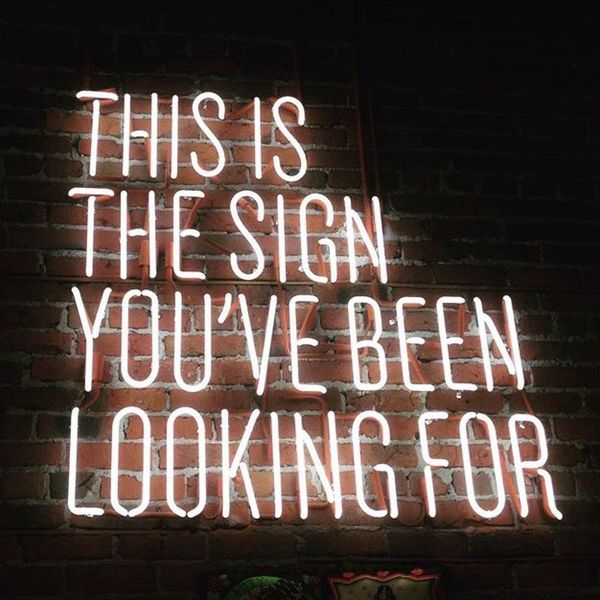I am an optimist in the most holistic sense. I’m a glass-half-full, keep my chin up, count my blessings optimist. I’m hardwired to look forward to tomorrow if today isn’t going well, and to believe in better times when my world is falling apart. However, contrary to popular belief, this doesn’t mean I am always happy. By definition, an optimist is: a person who believes everything will work out in the end. I’ve always believed that things will work out, but the unfortunate part is that this does not always happen. I’m glad I’m the way I am, it lets me see my life through a unique lens, and I don’t know who I’d be without my optimism. However, with this trait comes a set of weaknesses that have often caused me problems.
We take too many risks.
When you’re so sure things will work out you ignore the danger signs, and the people telling you to turn around. It can happen with anything. Maybe it’s a guy you know deep down will only hurt you- but you believe he’ll change this time around. You forget about the times you were hurt before, and go into it full-force. It’s naive, but it not intentional. Optimists don’t choose to ignore the bad. We’re aware of the negative possibilities, but all we are able to focus on is the possible positive outcome.
We are unrealistic.
Optimists believe in the positive and the happy. Every story has a happy ending in their minds, but unfortunately that’s not how things play out in the real world. Accepting this reality is next to impossible. When things don’t play out the way we had expected or hoped, it’s disappointing and at times, heartbreaking. Coming face-to-face with harsh realities isn’t something optimists are prepared for. We see the world through our rose-tinted lenses, and can’t imagine a place without that little bit of pink. One of the largest struggles is finding the right balance between what’s real and what’s hopeful, and understanding the difference.
We don’t always process our negative emotions.
Though optimists do their best to stay happy, it’s not always the healthy thing to do. While many people tell you to always look on the bright side, it isn’t beneficial to healing. It’s so important to let yourself grieve and feel the bad sometimes, and accept that as part of life. When you choose not to feel anger or sadness, it starts to add up. Bottling up negative emotions is something that will catch up to you at some point, and something that will undoubtably backfire. Additionally, there’s no way to get through or change the negative if you refuse to acknowledge it. It’s difficult to focus on the negative when your mind is telling you to look at the positive, but it’s necessary in order to properly heal.
Being an optimist is a blessing and a curse, but ask one of us and we’ll likely just tell you the positive aspects. In the end, I wouldn’t want my silver-lining world to be any other way.





















